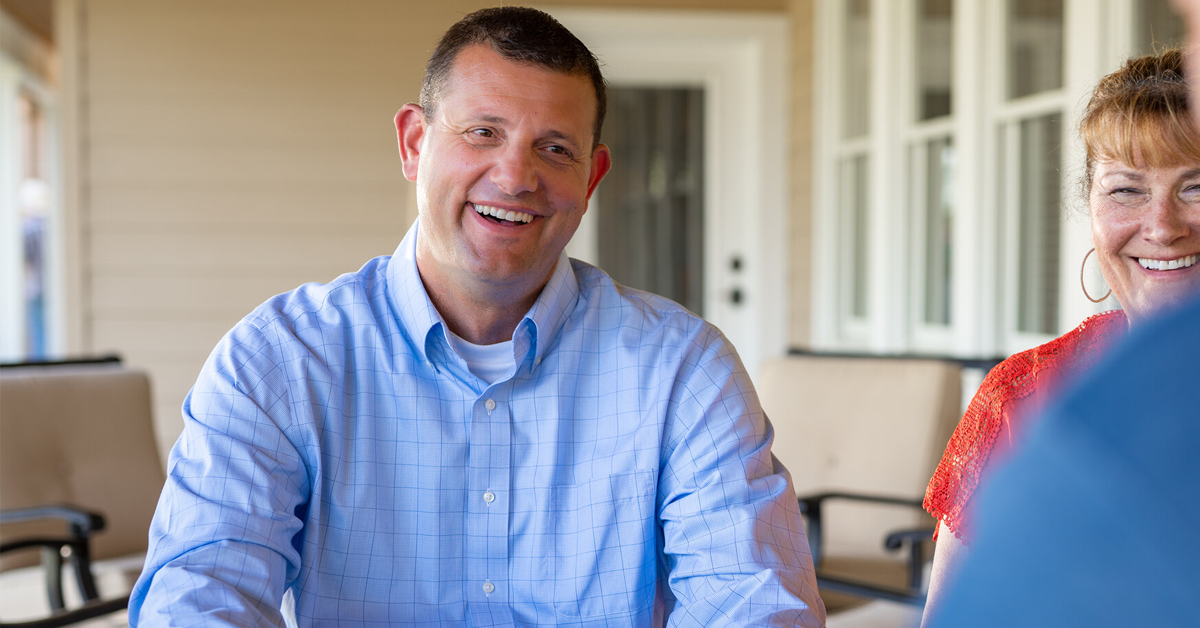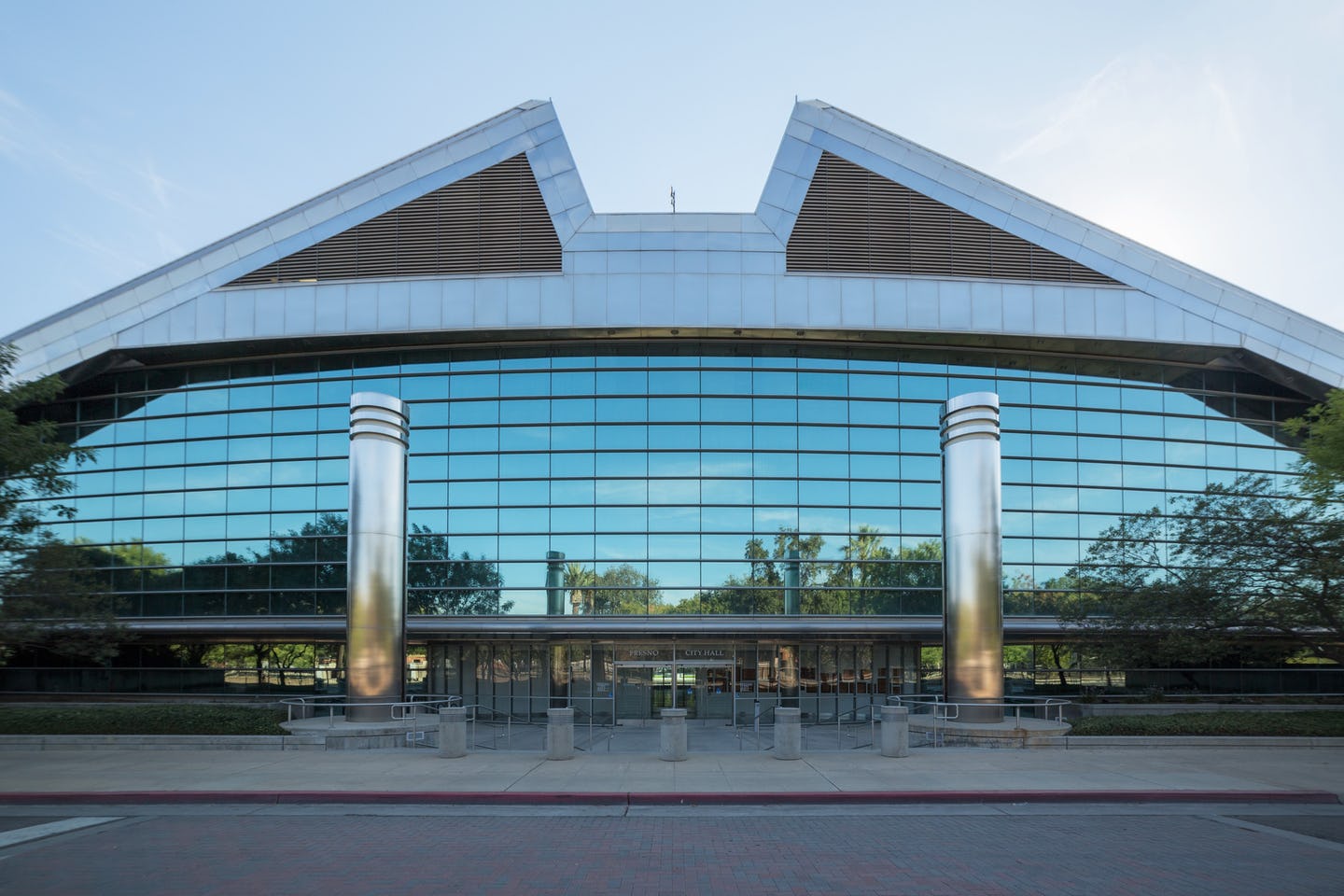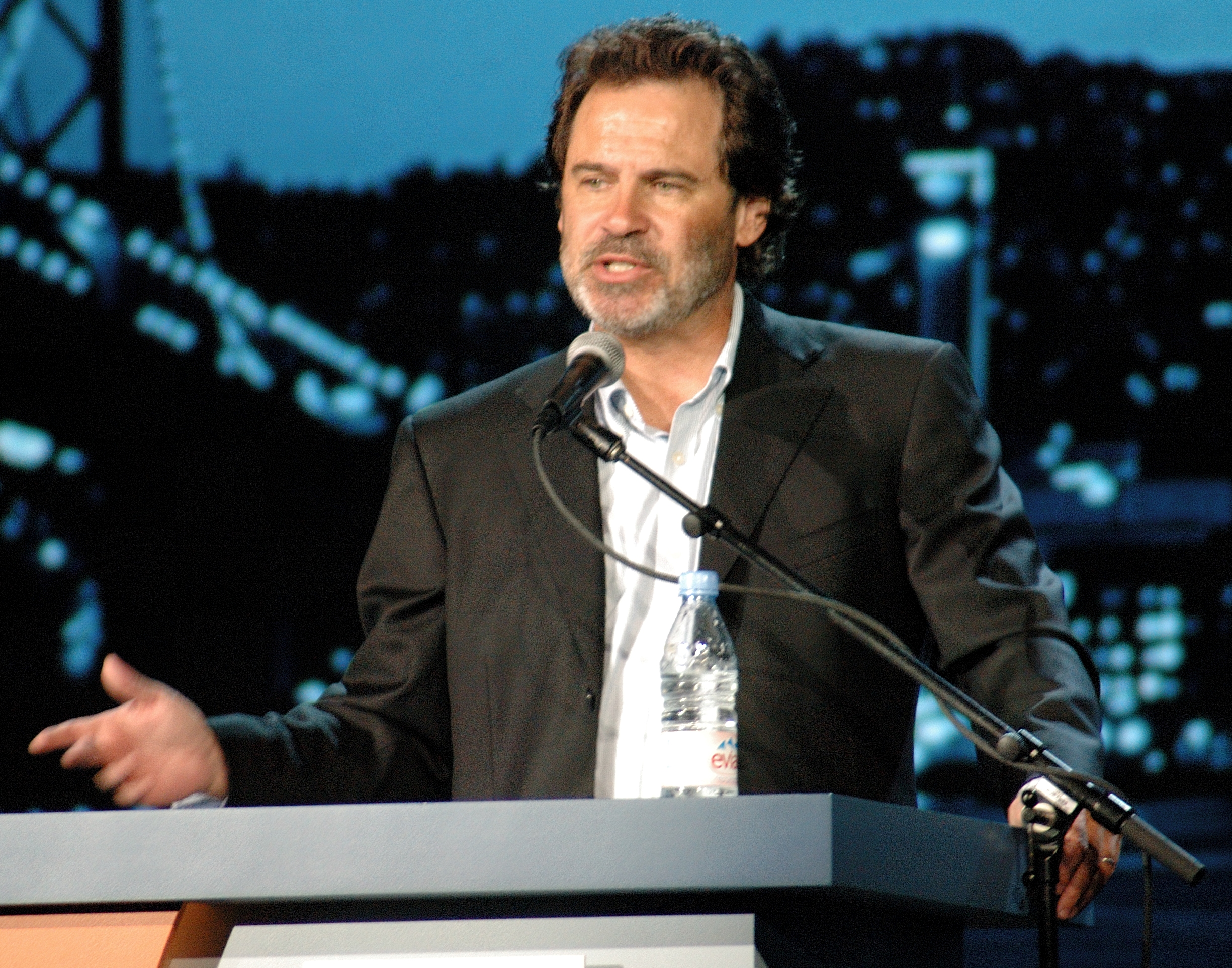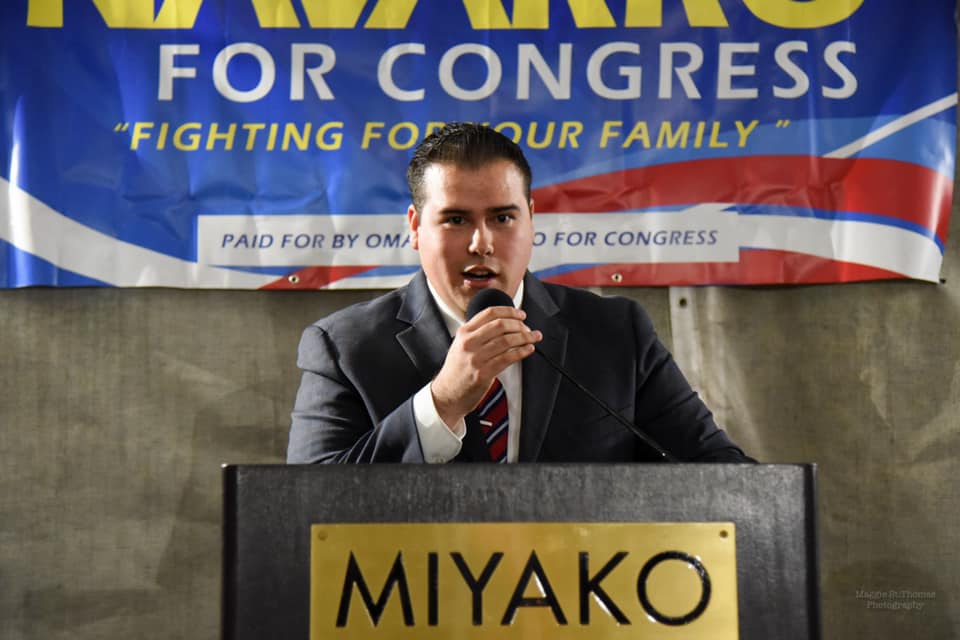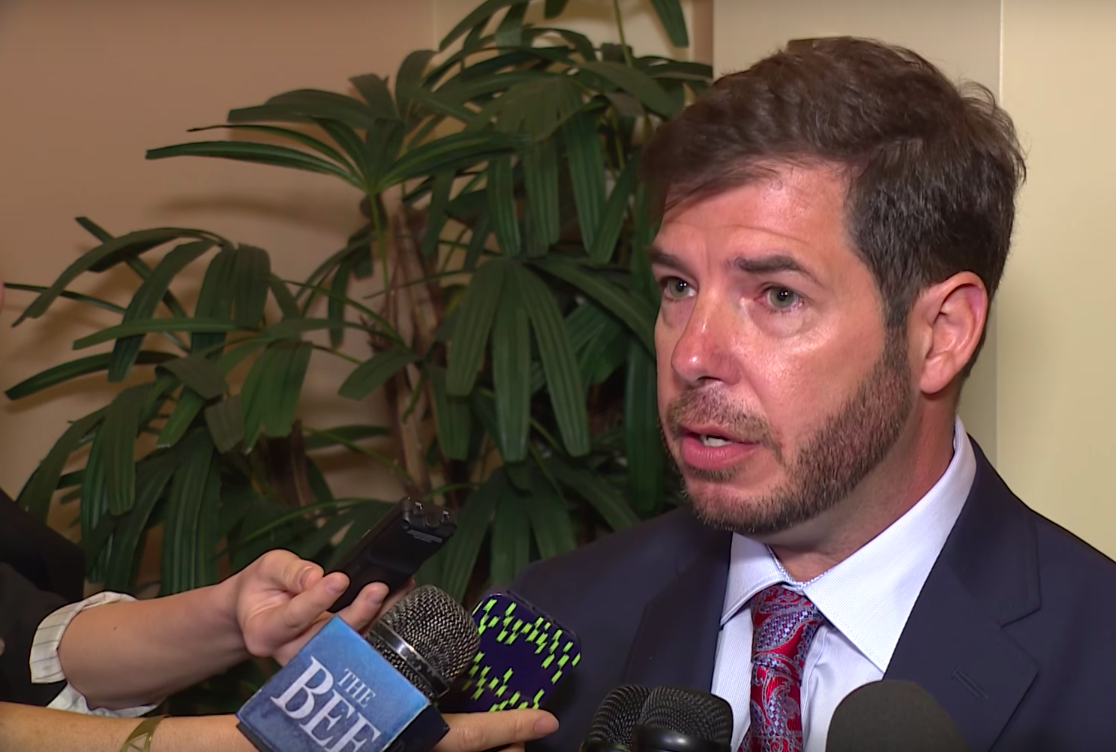The City of Fresno and the California Apartment Association are encouraging property owners to participate in the city’s Voucher Incentive Program.
The California Apartment Association recently held a webinar, along with the city, to discuss the program and its benefits to landlords and tenants.
The backstory: Last year the Fresno City Council approved $1 million in funding for the Voucher Incentive Program as part of Mayor Jerry Dyer’s One Fresno Housing Strategy.
- The funding came from the American Rescue Plan Act – part of $40 million allocated from Dyer in the 2023 budget to support his housing strategy.
The big picture: Initially the Voucher Incentive Program aimed to help 500 existing low-income Housing Choice Voucher holders who are unable to lease-up and leverage existing vouchers.
- Housing vouchers, formerly known as Section 8, provides rental assistance to low-income families.
- Dyer said during the webinar that the city will probably end up helping around 250 voucher holders through the program, which is slated to run through the end of next year, with 87 people having been helped so far.
- Landlords looking to partner with the city on the Voucher Incentive Program can receive financial incentives to do so. New landlords who have never partnered with the city are eligible for a $2,000 incentive. Returning landlords who have not had an active Housing Assistance Payment contract within the last year can receive $500.
What they’re saying: “I’m still excited about the program. I think it’s much needed,” Dyer said. “I do believe that ultimately over time as more and more landlords hear about this and more and more voucher holders, then we’re going to see perhaps this waiting list go way way down for voucher holders in Fresno. So that’s the goal.”
- Dyer said the city has prioritized veterans, seniors and families with children so far with the program.
- “We wanted to make sure that we prioritized certain people, because certain people are more prone to homelessness,” Dyer said. “And this is really what a lot of this is about – how do we keep people off the streets and into housing.”


